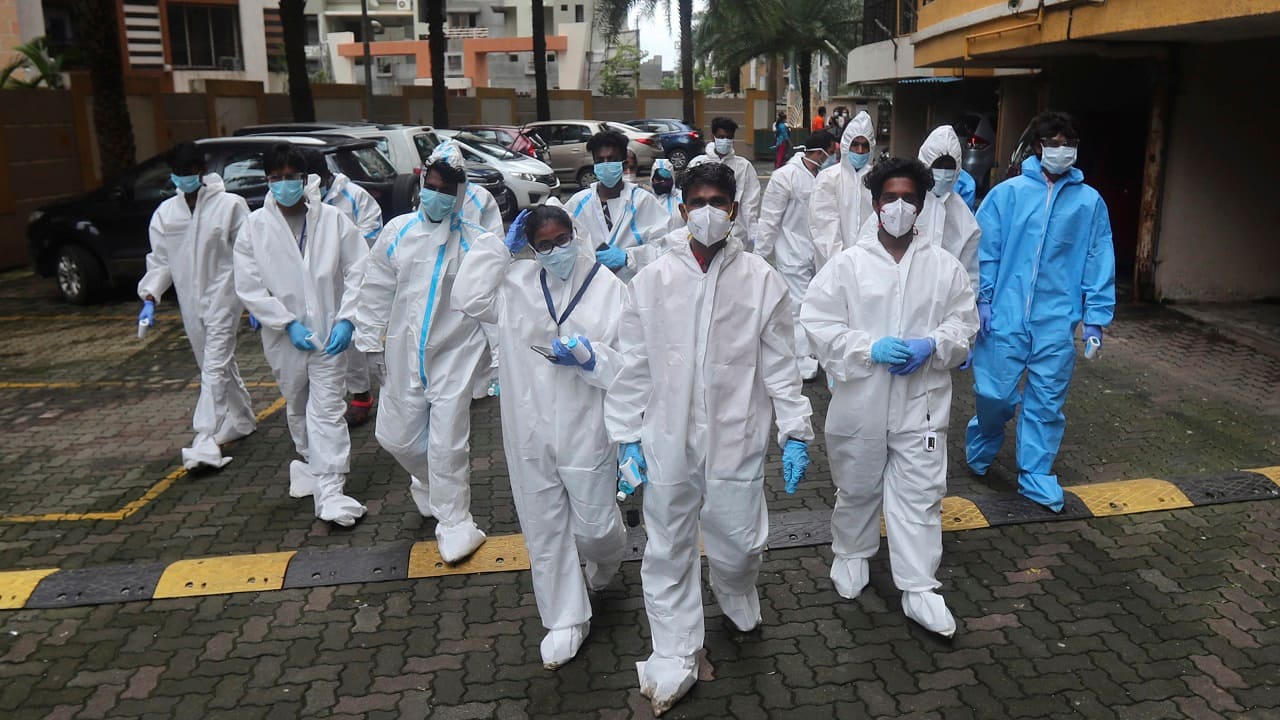India has recorded more than 24.61 lakh cases of the novel coronavirus and 48,040 deaths, according to the Union Health Ministry's latest update.
Of these, more than 6.61 lakh are active cases while over 17.5 lakh have recovered.
Maharashtra has reported the highest number of infections, followed by Tamil Nadu and Andhra Pradesh.
Globally, more than 2.07 crore infections and nearly 7.5 lakh deaths have been reported due to the COVID-19 outbreak.
Here are all the latest updates:
>> President Ram Nath Kovind, during his address to the nation on the eve of India's 74th Independence Day, appreciated the "super-human efforts" in containing the magnitude of the coronavirus pandemic in the country and said these are "worth emulating" by the wider world.
>> Home Minister Amit Shah tested negative for COVID-19. He had tested positive for the virus on August 2 and had been hospitalised.
>> Kerala is likely to witness a sharp rise in COVID-19 cases in the months of August and September with daily infections expected to touch between 10,000 to 20,000, State Health Minister KK Shailaja said.
>> Aurobindo Pharma said that it expects phase-I and II trials by the end of 2020 for its proposed vaccine candidate for COVID-19.
>> South Korea reported 103 new COVID-19 cases today, one of its biggest daily jumps in months, as officials expressed concern that infections are getting out of control in cities as people increasingly venture out in public.
>> Drug developer Novavax has said the United Kingdom would buy 60 million doses of its coronavirus vaccine candidate, NVX-CoV2373, for a phase-III clinical trial in the country.
Discover the latest Business News, Sensex, and Nifty updates. Obtain Personal Finance insights, tax queries, and expert opinions on Moneycontrol or download the Moneycontrol App to stay updated!










